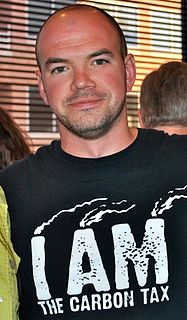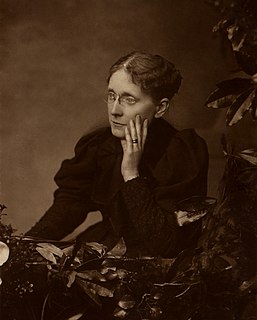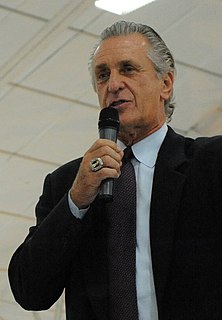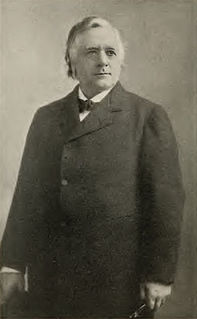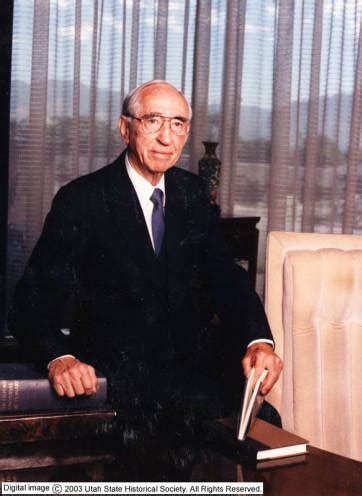A Quote by Rory MacLean
Shakespeare and Co dedicates itself to a shared, heady and outdated ideal that is scarce in our protective and fearful age.
Quote Topics
Related Quotes
We need to reject not only outdated fossil-fuel technology, but also an outdated economic system and an outdated corporatist political system. The progressive view is that we are smart enough and ethical enough to not have to be subservient to corporations. We can create our own resilient, localized communities.
It is sometimes said that the tragedy of an artist's life is that he cannot realise his ideal. But the true tragedy that dogs the steps of most artists is that they realise their ideal too absolutely. For, when the ideal is realised, it is robbed of its wonder and its mystery, and becomes simply a new starting-point for an ideal that is other than itself.
It's a tender and complicated dance, watching our parents age. We become protective in ways we never were before, and we study them with a mix of sadness and curiosity: Is this what we will be like when we are their age? We tell ourselves to be patient - just answer the same question again as if it wasn't answered a moment ago.
Perhaps the highest goodness attainable is a life of service to all mankind. Such an ideal is supported in nearly every page in the Gospels-the parables, the sermons, and the countless acts of service by our Lord Himself. The ideal is not limited to any particular kind of service, nor a given quantity of service. The ideal is accepting life itself as a trust to be used in the welfare of mankind. It is a life that is glad for the chance to be of any help, an attitude that 'service is the rent we pay for our own room on earth.' (Lord Halifax)


